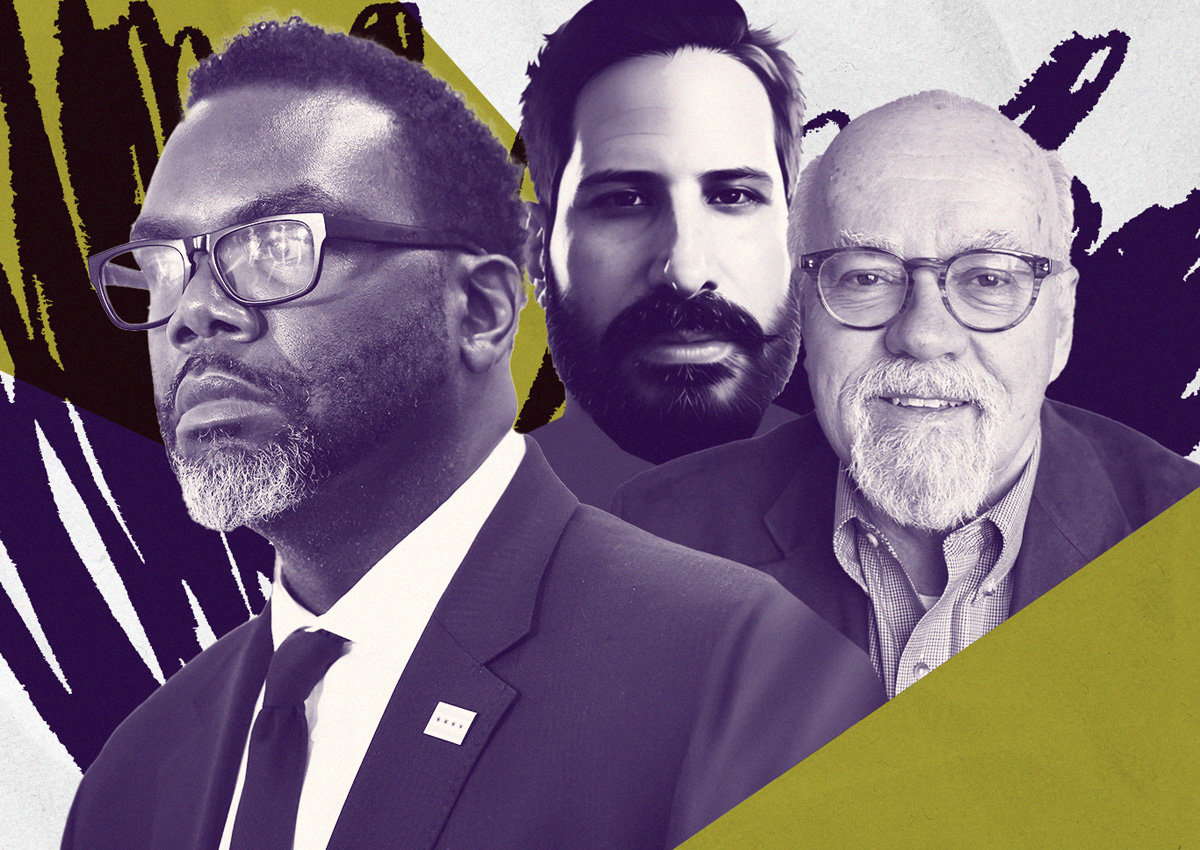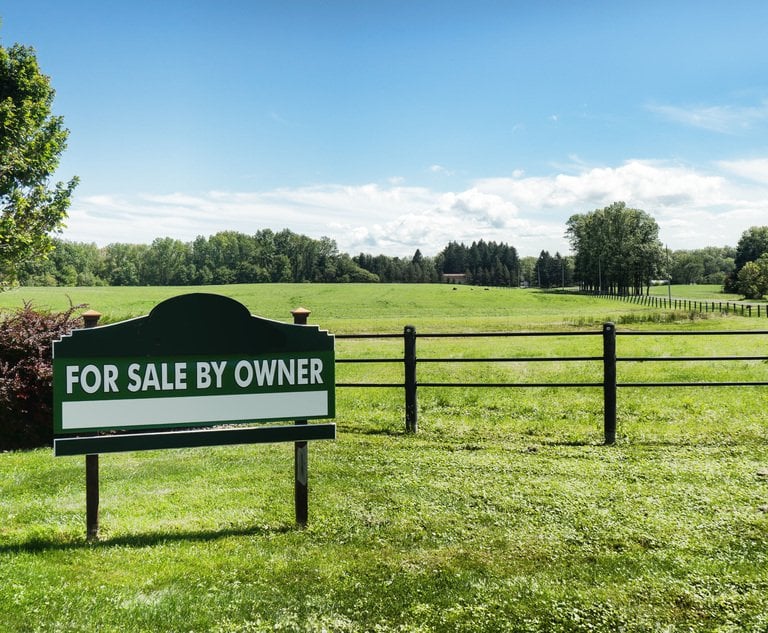CRE Lobby Leads Charge Against Chicago Transfer Tax Hike
Chicago’s commercial real estate players are banding together to oppose a proposal backed by Mayor Brandon Johnson to more than triple the city’s transfer tax on $1 million property sales.
The charge being led by groups such as the Building Industry Association of Greater Chicago and the Neighborhood Building Owner’s Alliance follows this month’s publication of a wide-ranging report by the progressive new mayor’s transition team outlining recommendations to pave a path forward for the proposal.
That reaffirmed the administration’s commitment to Bring Chicago Home, the name of the proposal to bulk up the real estate transfer tax to 2.65 percent of a property’s sale price when a deal exceeds $1 million. The city’s portion of the tax, which comes on top of state and county transfer taxes and a separate tax that funds the Chicago Transit Authority, is 0.75 percent now.
The proposed tax hike is the main concern of real estate trade groups. They have begun disseminating handouts to aldermen on the Chicago City Council detailing the measure’s projected impact — which the industry claims would be harmful — on commercial real estate.
“As global investors avoid Chicago due to public safety concerns and tax uncertainty, this proposal creates even more concern,” the one-pager reads, going on to note that the city has almost 32,000 properties, including small residential buildings with ground-level retail, worth $1 million or more.
The coalition is the first indication that there will be organized opposition to the measure if it goes before the city council again. The other state local organizations listed on the letterhead are the Chicago Association of Realtors, Chicagoland Associated General Contractors, the Illinois Hotel & Lodging Association, Building Owners and Managers of Chicago, the Association of Subcontractors & Affiliates Chicago and the Chicagoland Apartment Association, along with national groups Women Construction Owners & Executives and retail advocacy organization ICSC.
Efforts to advance Bring Chicago Home — which has supporters who say the measure could raise $163 million annually that should be earmarked for combatting homelessness — stalled in November. That’s when a special meeting to discuss putting the question to voters during the February municipal election failed to meet a quorum under the administration of former mayor Lori Lightfoot.
But weeks after winning the April 4 runoff election, Johnson indicated that the cause was alive and well, in part by appointing Julie Dworkin, the director of policy at Chicago’s Coalition for the Homeless, as chair of his transition team’s housing subcommittee.
Paul Colgan, a lobbyist for the Building Industry Association of Greater Chicago, said real estate groups are still in discussions and “looking at what our response can and should be,” as far as a formal opposition strategy.
“We understand the need for housing. We’re builders, we want to build housing. We want to do it all day long, but you can’t create taxes like the mansion tax and think it’s going to solve the problem,” he said. “The city won’t put facts on the table.”
Colgan said Johnson’s team is preparing legislation to be presented to the City Council this month that could enable a voter referendum. An agenda for the City Council meeting scheduled for July 19 was not yet available online Wednesday, and the mayor’s office did not immediately respond to a request for comment.
Multifamily investor and broker A.J. Manaseer, a member of the Neighborhood Building Owner’s Alliance legislative team, said he expects the new administration to ride the wave of momentum following the election win.
“All you’re doing is creating upward pressure on rents and that’s not the goal,” Manaseer said of the proposal. “My expectation is they’re riding pretty high off the election with a pretty good amount of political capital to spend. I don’t think they’re going to try to water this down. I hope that we can educate people.”



